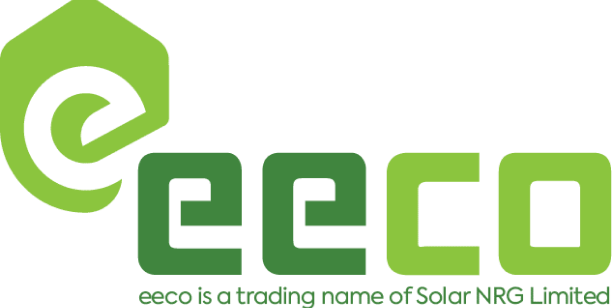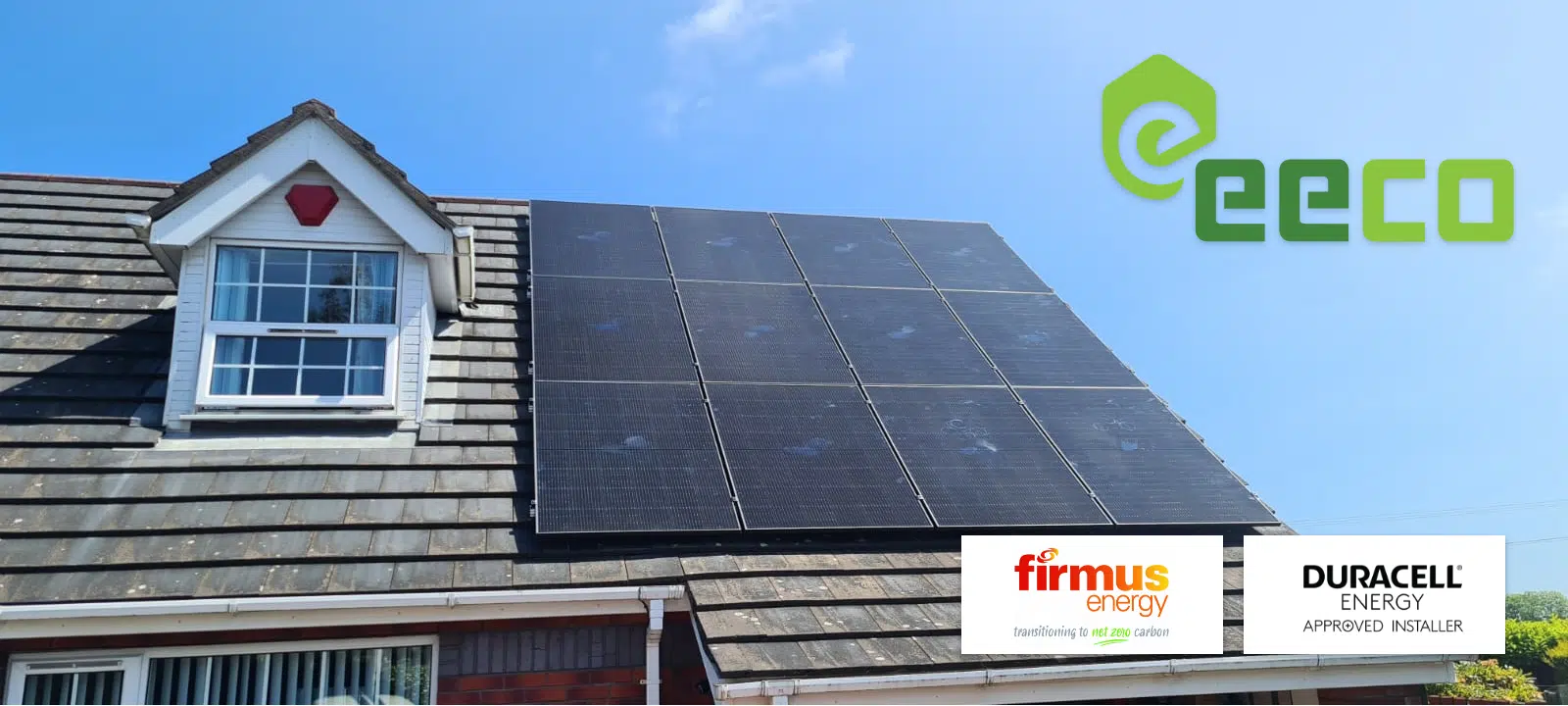In recent years, the adoption of solar photovoltaic panels (Solar PV Panels) has surged as homeowners seek to reduce their carbon footprint, lower energy bills, and gain energy independence. However, before diving into the world of solar energy, there are several crucial considerations to ponder. Let’s explore whether solar photovoltaic panels are the right choice for your home in Northern Ireland, and what steps to take before and after installation.
Assess Your Energy Needs:
Begin by evaluating your household’s annual energy consumption. Understanding how much electricity you use will help determine the size and number of solar panels needed to meet your needs effectively.
Current Water Heating Methods:
Consider how you currently heat water in your home. Solar photovoltaic panels in Northern Ireland can also power solar water heating systems, providing additional energy savings and environmental benefits.
Roof Orientation and Suitability:
Assess whether your roof faces the south or has sufficient exposure to sunlight throughout the day. South-facing roofs typically receive the most sunlight, compared to the east or west. Roof orientation helps to optimise solar panel performance.
Ground-Mounted Options:
If your roof is not suitable for solar panel installation, explore the possibility of mounting panels on the ground. Ground-mounted systems offer flexibility in placement and orientation, ensuring maximum sun exposure. If you are considering mounting solar panels on the ground, ensure that there is no shadow and that they are facing south
Panel Quantity and Space Availability:
Determine if your property has ample space to accommodate the desired number of solar panels. In general, larger roofs or open land areas can support more panels, increasing energy generation potential. Always try and aim to be able to get 10 panels as this amount will produce enough electricity to cover 49% of an average household’s annual usage
Pros and Cons of Solar Photovoltaic Panels in Northern Ireland:
Pros of Solar PV Panels:
Renewable Energy Source:
Solar PV panels harness energy from the sun, a virtually limitless and renewable resource, reducing dependence on finite fossil fuels.
Environmental Benefits:
Solar energy generation produces minimal greenhouse gas emissions, helping mitigate climate change and reduce air pollution.
Energy Cost Savings:
Solar PV panels can significantly lower electricity bills by generating free, clean energy from sunlight, offering long-term savings on energy expenses. Energy Independence: Solar PV systems provide homeowners with greater energy independence, reducing reliance on grid electricity and protecting against rising energy costs.
Low Operating Costs:
Once installed, solar PV panels have minimal operating and maintenance costs, requiring only periodic cleaning and inspections to ensure optimal performance
Cons of Solar PV Panels:
High Initial Costs:
The upfront cost of purchasing and installing solar PV panels can be restrictive for some homeowners, requiring a significant financial investment.
Variable Energy Production:
Solar energy generation fluctuates based on weather conditions, time of day, and seasonality, leading to variable energy output and potential energy storage requirements.
Space Requirement:
Solar PV panels require sufficient roof or ground space with unobstructed sunlight exposure, limiting installation feasibility for properties with limited space or shading issues.
Aesthetic Impact:
Some homeowners may find solar PV panels aesthetically unappealing or incompatible with their property’s design, impacting curb appeal and architectural harmony.
Weather Dependence:
Solar energy production is weather-dependent, with reduced output on cloudy or overcast days and no energy generation during night time hours, necessitating backup energy sources or storage solutions
Shade Considerations:
Evaluate whether shading from nearby trees, buildings, or other structures may impact solar panel performance. Minimising shade ensures optimal sunlight exposure and energy generation.
Selecting an Installer:
Research and compare reputable solar installers in your area. Look for certifications, customer reviews, and warranties to ensure quality service and reliable installation.
Installation Date Agreement:
Once you’ve chosen an installer, coordinate with them to agree on a suitable installation date. Plan ahead to accommodate any necessary preparations or adjustments to your property.
After Installation:
Smart Meter Integration:
Consider installing a smart meter to monitor energy production and consumption accurately. Smart meters provide valuable data for optimising energy usage and maximising solar panel efficiency.
Electricity Supplier Evaluation:
Review your options for electricity suppliers and tariffs, taking into account your solar energy production and consumption patterns. Choose a supplier that offers favourable rates and incentives for solar-equipped homes.
System Performance Monitoring:
Regularly monitor your solar PV system’s performance to ensure it is operating optimally. Track energy production, identify any issues or anomalies, and schedule maintenance as needed to maximise efficiency and longevity. In conclusion, installing solar panels in Northern Ireland is a significant decision that requires careful consideration of various factors. By assessing your energy needs, evaluating installation options, selecting a reputable installer, and monitoring system performance post-installation, you can harness the full benefits of solar energy for your home. Take the time to research and plan effectively to make the most of your investment in clean, renewable energy.
Exploring Top Brands: JA Solar, Jinko, and Trina Solar
When considering solar photovoltaic panels for your home in Northern Ireland, it’s essential to choose reliable and efficient brands. Some of the top brands available in the market include JA Solar, Jinko, and Trina Solar.
JA Solar:
Known for high efficiency and performance, JA Solar panels are a popular choice among homeowners. They offer robust warranties and are known for their durability and reliability in various weather conditions.
Jinko Solar:
Jinko Solar is recognised for producing high-quality panels that provide excellent value for money. Their panels are designed to deliver high efficiency and are backed by solid warranties, making them a dependable choice for residential installations.
Trina Solar:
Trina Solar panels are celebrated for their innovation and advanced technology. They are known for high efficiency and performance, with a strong focus on sustainability and environmental impact. Trina Solar panels are a great option for those looking to maximise their energy output.
In conclusion, installing solar photovoltaic panels in Northern Ireland is a significant decision that requires careful consideration of various factors. By assessing your energy needs, evaluating installation options, selecting a reputable installer, and monitoring system performance post-installation, you can harness the full benefits of solar energy for your home. Take the time to research and plan effectively to make the most of your investment in clean, renewable energy.
For more information on solar panels for your home or business, contact us on 028 9592 2730 or email hello@eeco.energy


